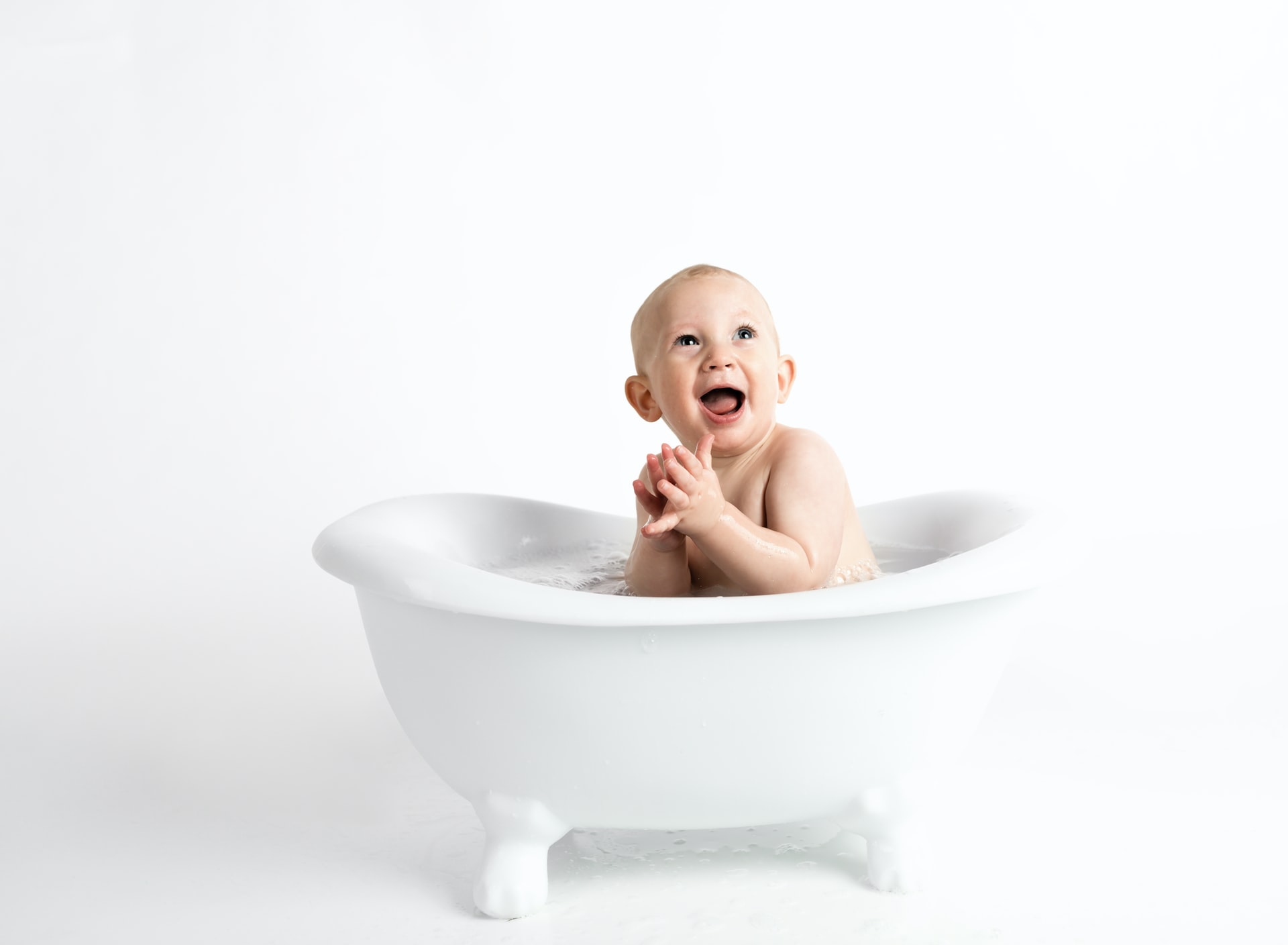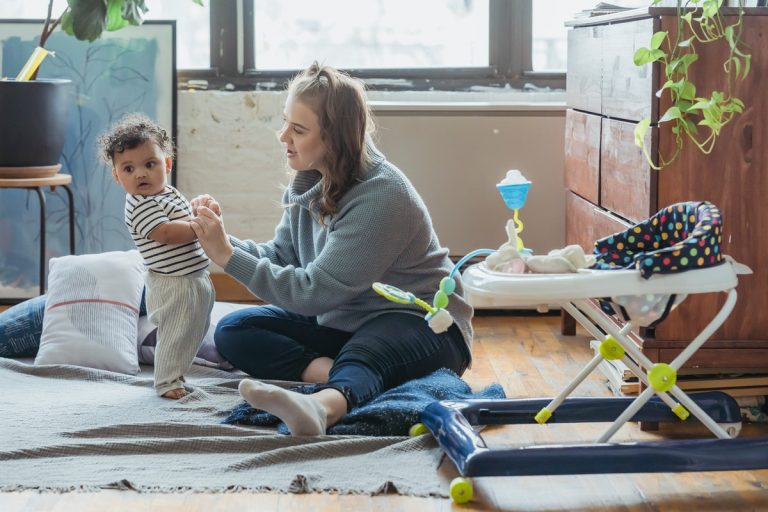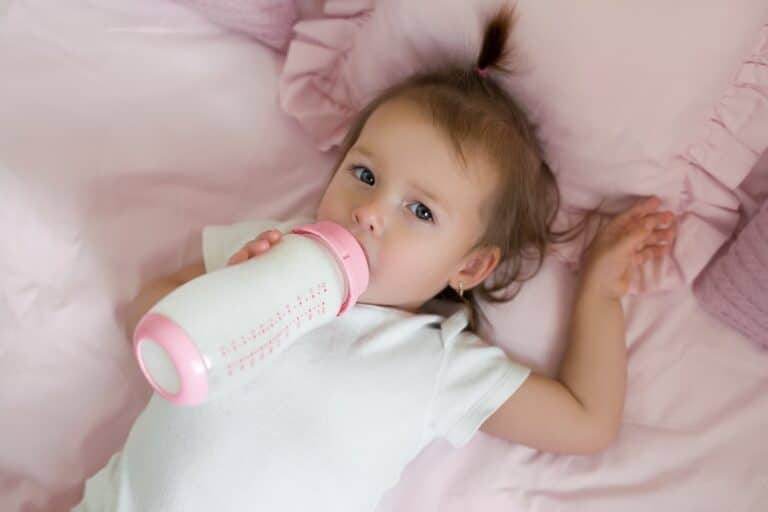Bathing a newborn is an important task for parents to learn quickly. Newborns need to be bathed every 2-3 days, as they have immature skin which makes them more prone to bacteria and infection.
The best time to bathe your newborn is in the morning or evening when their body has had enough time to rest during the day. This will help them sleep through longer periods of time at night once they are older. Your baby’s bath should last about 15 minutes, but don’t forget that if you’re breastfeeding your baby it can take up to 45 minutes!
You can bathe your baby at any time in the day, as long as you take into account their hunger and sleep levels.
Traditionally, infant baths are given before sunrise or early in the morning. This is probably to make sure they are warm for when it gets warmer outside at later hours.
In This Article
- How often do I give my newborn a bath?
- Is it better to bathe my baby in the morning or at night?
- What should I do if my baby doesn’t like baths and cries?
- Should you bathe a newborn before or after feeding?
- What should I do if my newborn is covered in pee and/or poop?
- How do I clean my newborn?
- How long should you wait to bathe a newborn baby?
How often do I give my newborn a bath?
It is recommended for newborns to be bathed every 2 or 3 days at this stage. This helps establish the healthy bacteria on their skin which can help prevent infection and allows time for them to rest between baths so that they will sleep better in later weeks.
Bathing your newborn too often can dry out their skin, so stick with quick and thorough washings that keep his face, neck, and diaper area clean.
You should always consult your pediatrician if you have any questions about the frequency of your newborn’s baths.
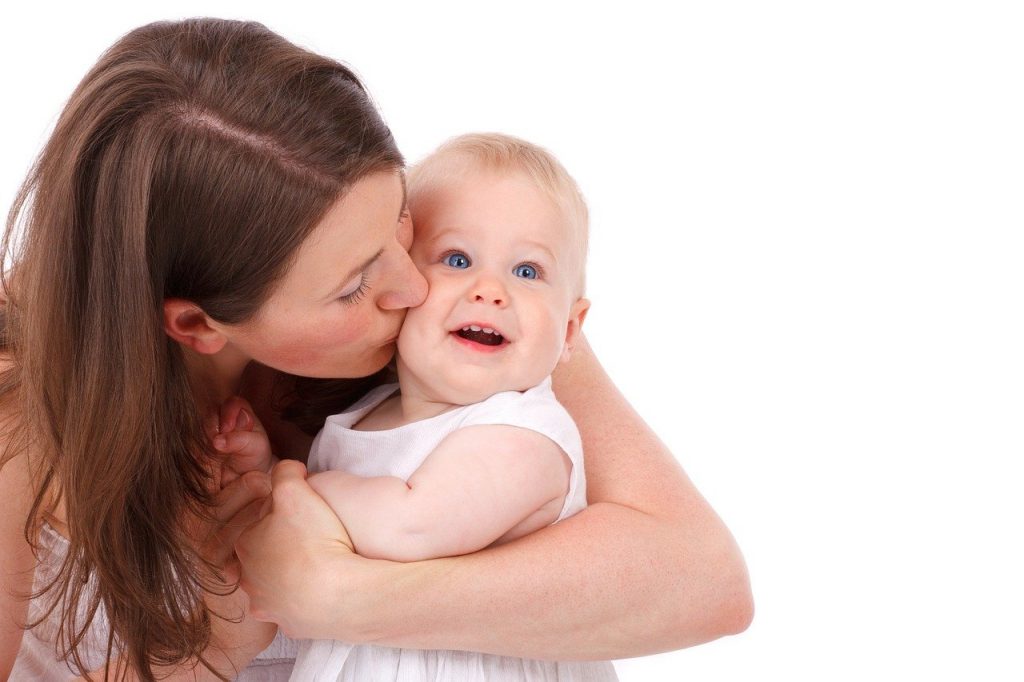
Is it better to bathe my baby in the morning or at night?
Bathing your newborn in the morning or evening is preferable to bathe them at any other time of day. This way, they will be able to sleep through long periods when they are older.
Morning baths are popular because they’re quieter and parents tend to have more energy in the morning, but nighttime routines can also be calming with a bath as part of it. Consider waiting for your baby’s tummy to settle before bathing them, if they just ate.
What should I do if my baby doesn’t like baths and cries?
Baths can make some babies uncomfortable, especially those who don’t have enough experience with water. Some babies may not like baths because they are too cold or too hot, too wet, or the soap makes their skin itch.
If your baby is crying during a bath and you can tell that he does not want to be in the bath any longer then it’s time to stop! If this continues when you are bathing him, then it might be a good idea to look into bath products that may help.
There is also the option of giving your newborn a sponge or cloth bath instead if you don’t want them in water. These types of baths are gentler on their skin and will not make them as uncomfortable as being submerged in water can.
Should you bathe a newborn before or after feeding?
Some parents prefer to bathe their newborn before feeding, while others like the idea of having a fresh-smelling baby after they are finished eating.
It is important for breastfeeding mothers to wait at least 45 minutes (or up to an hour) post-feeding in order not to disturb milk supply or have their breasts overproduce. If you don’t breastfeed, it is never too late to start with these tips!
Some parents feel that bathing a newborn after they finish eating will help them sleep better. This might be because the baby feels clean and refreshed when he has just finished his meal. There are no hard guidelines about this as we all have different opinions on what works best for our newborns!
What should I do if my newborn is covered in pee and/or poop?
Parents know the struggle of bathing a wet baby. Some babies may not be excited about getting into the bathtub, which can lead to them being upset or crying while they are in there. It’s important for parents to take their time with a newborn, and not rush when they are bathing them.
It’s never a bad idea for parents to bring in their newborn while the bathtub is filling up with water so that he has time to get used to this new environment before getting into the tub. If you’re struggling with your baby crying during baths then it might be helpful to look at bath products that might help.
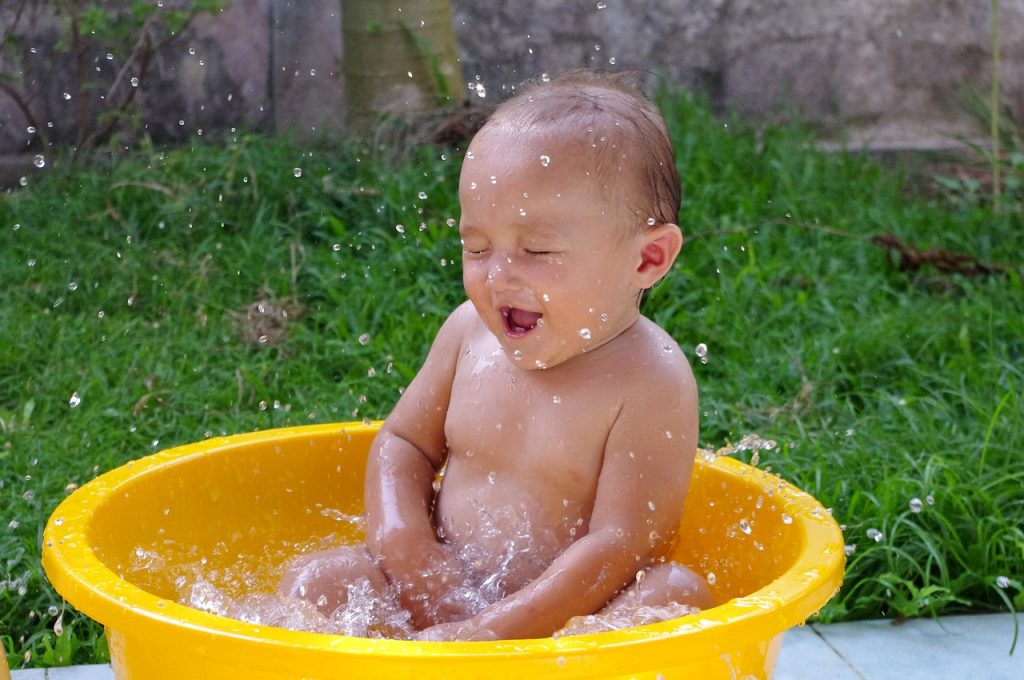
How do I clean my newborn?
Don’t worry, we have you covered! Here are a few tips to make bath time easier:
– Keep the water temperature at 97 degrees Fahrenheit or below – Clean your hands with soap and warm water before touching baby’s skin – Wash the face first to remove facial oils and meconium (the black tar that is a newborn’s first bowel movement)
– Clean the neck and shoulder areas next to remove any bacteria from drooling or spit up – Gently wash your baby’s bottom with water, soap, or shampoo as needed. Rinse well!
– Wash hair last since it is already clean from being wet. Rinse hair well and gently massage it into the scalp with the conditioner of your choice!
– Finish by patting dry skin, especially on feet and hands so that they don’t get too cold (or use a towel to cover them up!)
How long should you wait to bathe a newborn baby?
There are no hard guidelines about this as we all have different opinions on what works best for our newborns! Some parents might feel that it is best to wait until their baby has had at least three bowel movements before bathing them, while others prefer to bathe when they first come home from the hospital.
Some babies may not like baths because they are too cold or too hot, too wet, or the soap makes their skin itch. If your baby is crying during a bath and you can tell that he does not want to be in the bath any longer then it’s time to stop!
If this continues when you are bathing him, then it might be a good idea to look into bath products that may help. There is also the option of giving your newborn a sponge or cloth bath instead if you don’t want them in water. These types of baths are gentler on their skin and will not make them as uncomfortable as being submerged in water can.

